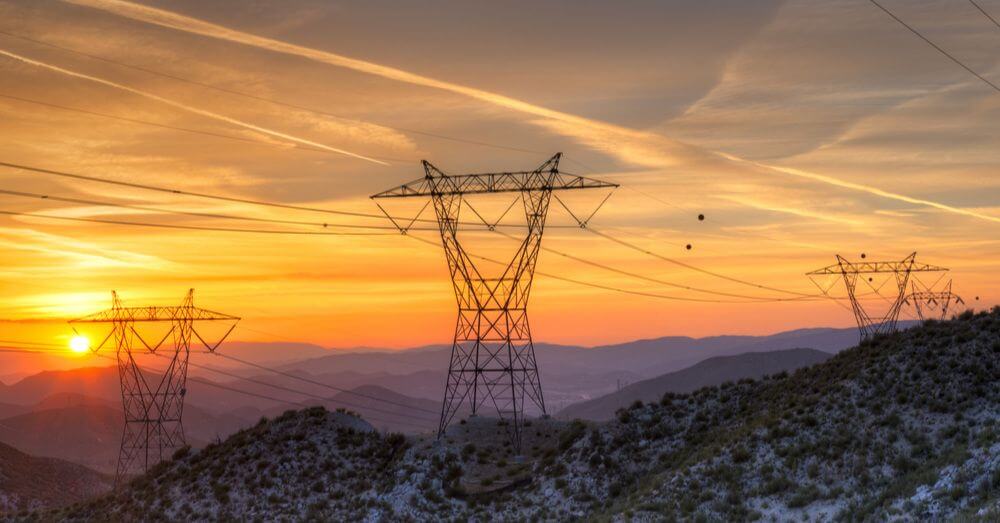
The California Energy Commission is entering phase two of their blockchain technology project
The California Energy Commission has announced it is working on an energy project that will use the capabilities of blockchain technology to mitigate carbon footprints, by encouraging the use of renewable energy.
A press release by the Commission posted on the AP Morning Wire revealed they are investing $9 million into helping EVShare, an energy and transportation startup, to support a blockchain infrastructure powered by Bitcoin. This project will be built on the RSK public blockchain, which is a layer two smart contract protocol that operates on top of the Bitcoin network. This will create a market that digitises and trades carbon credits to incentivise clean energy initiatives.
Participants in the market will be rewarded if they actively work towards reducing their carbon footprint through a variety of ways. Examples include vanpooling, generating and using renewable energy, or other environmentally-friendly methods. The credits earned from these activities can then be used to pay for electricity consumption, rides, and services, with transactions related to mobility recorded on the RSK blockchain.
Furthermore, the blockchain will also be utilised in registering transactions between vehicles and other network assets. This includes solar systems, chargers and batteries. It will also store data on vehicle batteries, panels and other assets. Their usage will be recorded on the chain and implemented with the help of RIF Identity.
The press release revealed further that the first phase of the pilot project had already started two years ago. It included research and development into the project, as well as collaborations with the Basset-Avocado Advanced Energy Community (BAAEC), a disadvantaged Los Angeles community.
The second phase, which began on August 7, will work on testing the EVShare solution’s deployment in a live setting. The project’s initial goal is to connect 50 houses to the solar grid.
The CEO of EVShare, Eduardo Javier Muñoz, emphasises the importance of community-centric networks in urban energy supply.
“The future of urban energy supply lies in community-centric networks like the pilot we’re pioneering in Bassett. We’re proud to be a key participant in the prosumer network program with a consortium of leading tech companies, and to have the opportunity to prove the benefits of creating a smart grid that’s anchored to a tamper-proof blockchain,” Muñoz said.
Blockchain technology is helping a variety of industries refine their business practices, particularly when it comes to managing the supply chain and ensuring better transparency.

